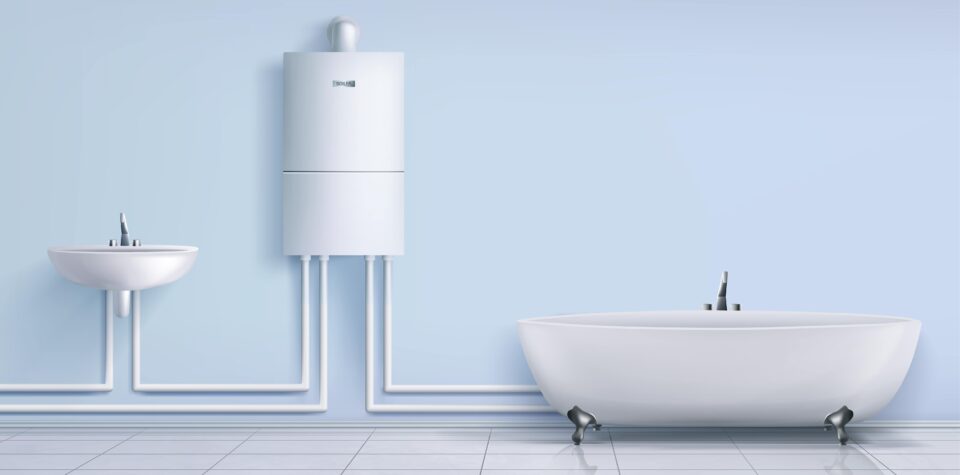The efficiency and lifespan of a water heater depend on its design, frequency of use, and the quality of upkeep it receives. By understanding these elements, homeowners can determine the ideal time to replace their water heater, ensuring an uninterrupted flow of hot water. This guide covers various water heater types, their typical lifespans, and essential maintenance tips to keep them working efficiently.
Conventional storage water heaters are popular for many households, typically lasting between 8 to 12 years. To maintain energy efficiency and reduce wear, periodically flushing the tank to remove sediment and inspecting the anode rod for rust prevention are recommended steps. If issues are caught early, a replacement may not be needed as soon.
Tankless water heaters, or on-demand systems, heat water only when it’s required. Known for their high efficiency, these systems often last around 20 years, making them ideal for larger households. Regular descaling, particularly in regions with hard water, helps keep them running at peak performance.
Hybrid water heaters, which use heat pump technology combined with traditional heating, have a lifespan of about 13 to 15 years. They offer greater energy efficiency and can reduce costs. To ensure they operate well over time, regular maintenance, like annual inspections and refrigerant checks, is essential.
Solar water heaters are the most eco-friendly choice, utilizing solar energy to warm water. With proper installation and maintenance, they can last between 10 and 25 years, depending on local conditions and build quality. They are a solid long-term investment but require professional care to stay efficient. For dependable maintenance, consider reaching out to a Sacramento plumber if you’re in the area, who can help extend the life of your system.
Choosing the appropriate water heater type and committing to routine maintenance can help homeowners enjoy a continuous supply of hot water for years to come.

